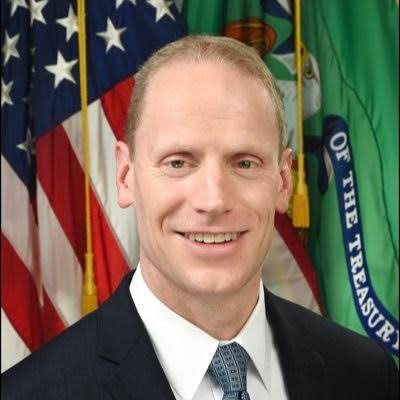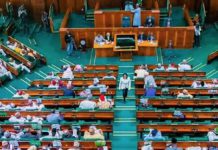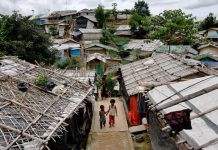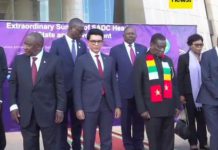The United States on Tuesday imposed sanctions on the younger brother of the head of Sudan’s Rapid Support Forces Algoney Hamdan Daglo Musa, accusing him of leading the paramilitary group’s procurement of weapons and extending the country’s civil war.
Fighting broke out between the RSF and Sudan’s army in April 2023 and displaced millions which led to the spread of famine and disease among Sudan’s people.
Algoney Hamdan Daglo Musa, hit with the latest U.S. Treasury Department sanctions on Sudanese actors, is the younger brother of RSF commander Mohamed Hamdan Dagalo, known as Hemedti.
Washington has so far resisted calls to sanction Hemedti directly over allegations that the RSF has committed human rights violations, including in the Darfur region.
The Treasury said in a statement that Algoney’s actions supplying the RSF had contributed to the ongoing siege and humanitarian crisis in al-Fashir in North Darfur.
U.S.-mediated talks in Geneva in September failed to achieve progress toward a ceasefire but did secure promises from the warring parties to improve aid access.
Algoney was part of the RSF delegation to the talks, he told the New York Times in an interview.
The U.S. last year targeted another of Hemedti’s brothers, RSF military figure Abdelrahim Dagalo, with sanctions.
The Treasury said Algoney is close to Hemedti, having worked as his personal secretary, and has controlled front companies used for RSF procurement.
Those include Tradive General Trading, a company already sanctioned by Washington that is based in the United Arab Emirates.
“At a time when the United States, the United Nations, the African Union, and others are advocating for peace, key individuals on both sides including Algoney Hamdan Daglo Musa continue to procure weapons to facilitate attacks and other atrocities against their own citizens,” said Bradley Smith, the Treasury’s acting under secretary for terrorism and financial intelligence.
“The United States will continue to hold accountable those who seek to prolong this conflict and restrict access to vital humanitarian assistance at a time of famine and fragility.”











